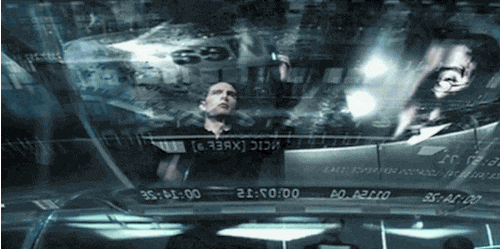Minority Report, directed by Steven Spielberg in 2002, is a film that explores the potential consequences of advanced technology on society. The movie's central premise revolves around "Pre-Crime," a system where law enforcement uses psychics to predict and prevent crimes before they occur. While this concept may seem like science fiction, it raises several thought-provoking questions about our relationship with technology and its impact on individual freedoms.
One of the most significant social implications of Minority Report is the erosion of personal privacy. In a world where every citizen's future actions are monitored by psychics, there would be no room for anonymity or private thoughts. This constant surveillance could lead to increased fear and paranoia among citizens who may feel that their every move is being watched and judged.
Another concern raised by the film is the potential misuse of power within such a system. With the ability to predict crimes before they happen, there's a risk that authorities might use this information for personal gain or political manipulation rather than protecting citizens from harm. This could result in widespread distrust and disillusionment among society members who feel their rights are being violated.
In conclusion, while Minority Report presents an intriguing vision of the future, it also serves as a cautionary tale about the dangers of relying too heavily on technology to solve complex social issues. As we continue to advance in our technological capabilities, it's essential that we consider these potential consequences and strive to create systems that respect individual freedoms while still working towards creating safer communities for all.
